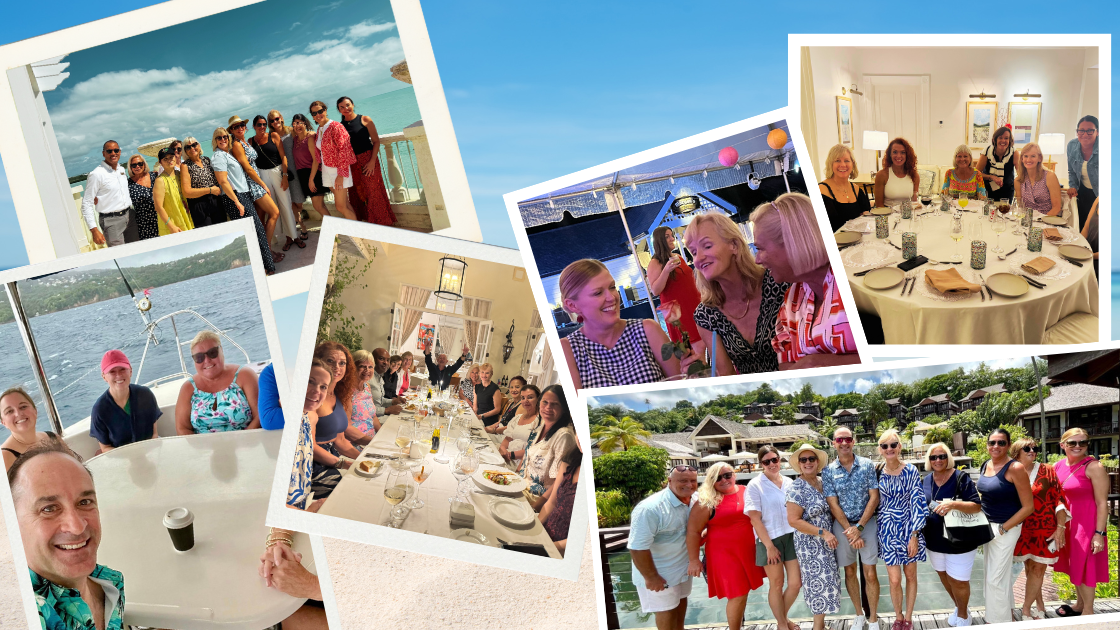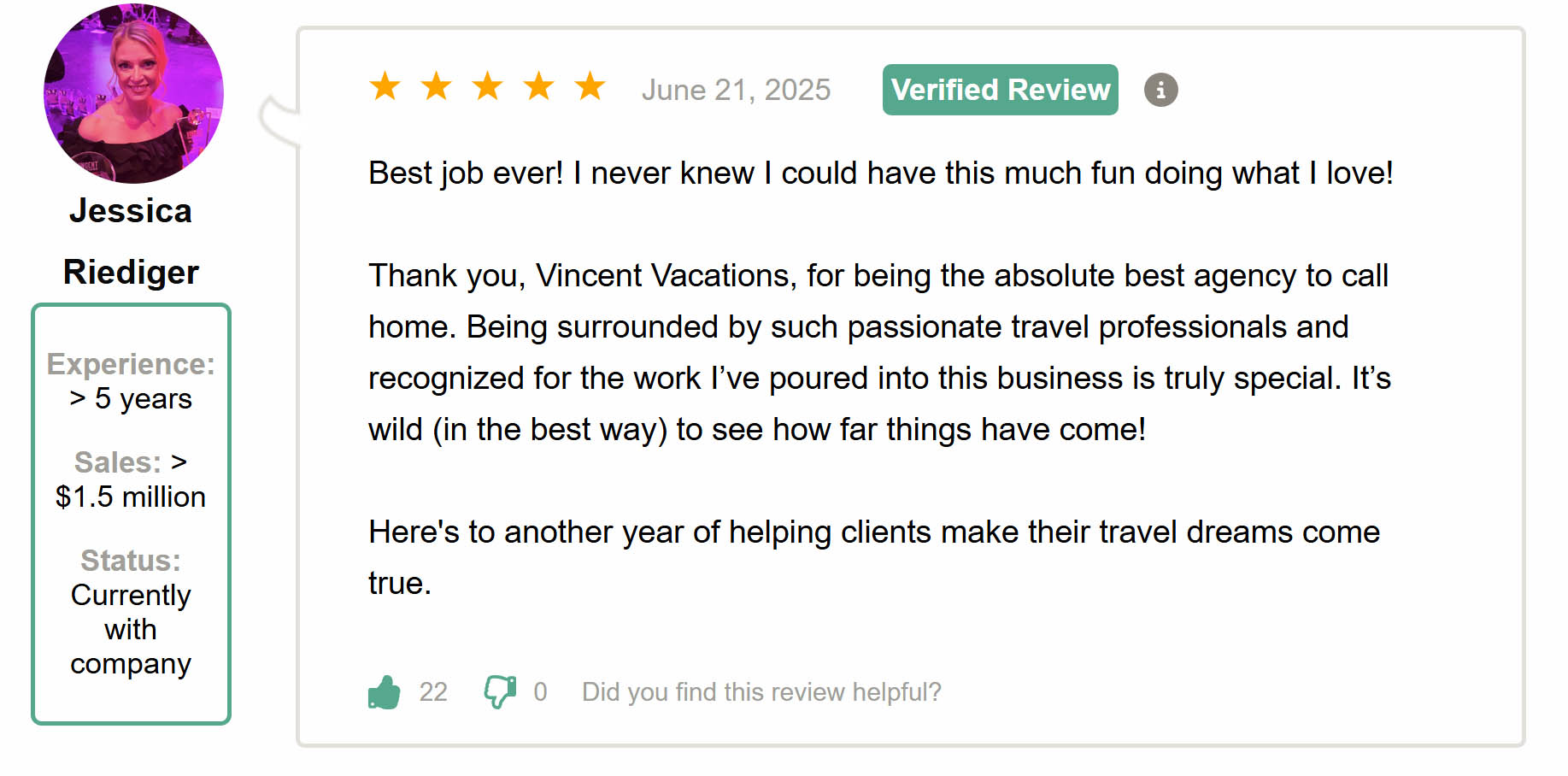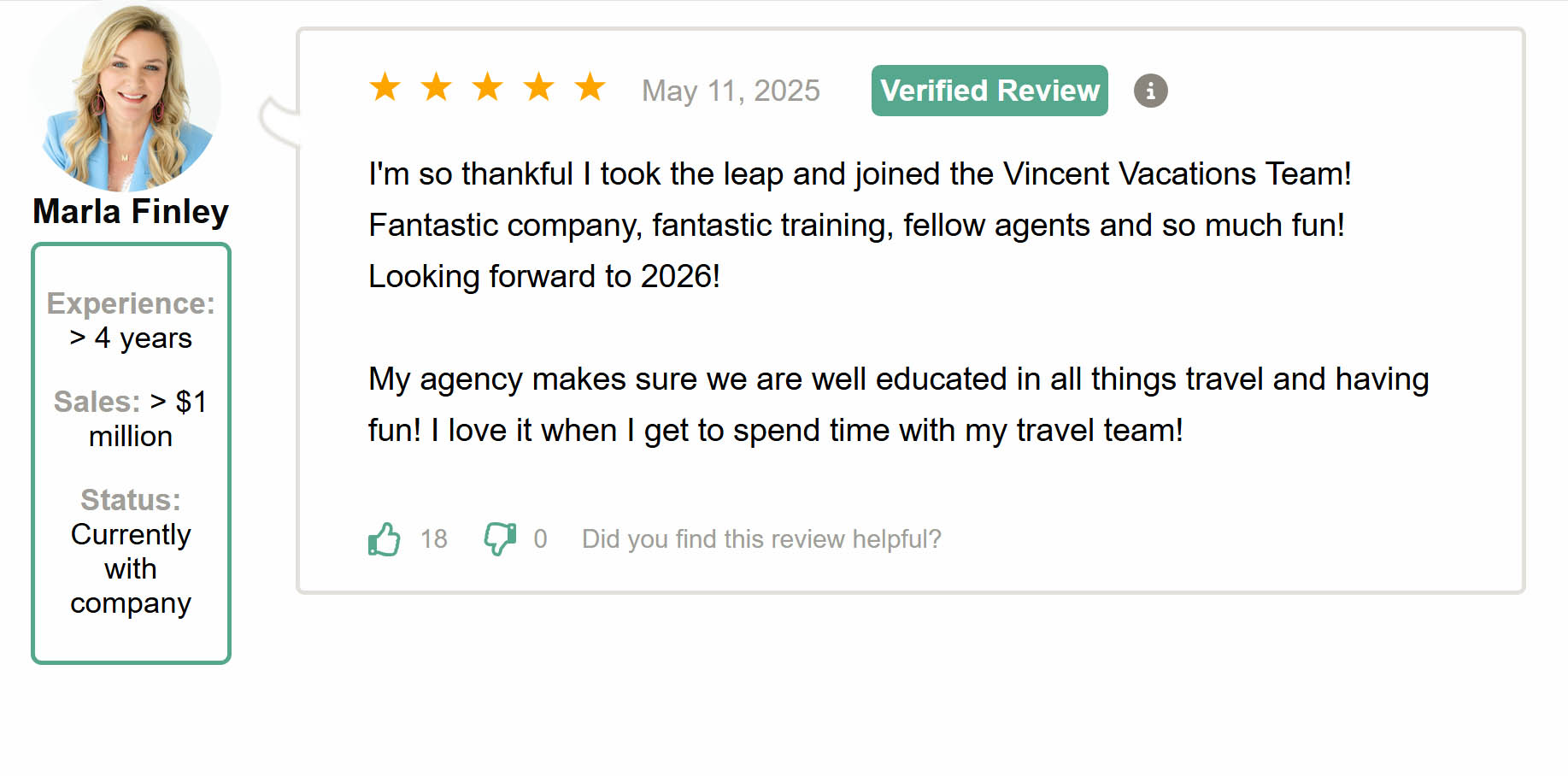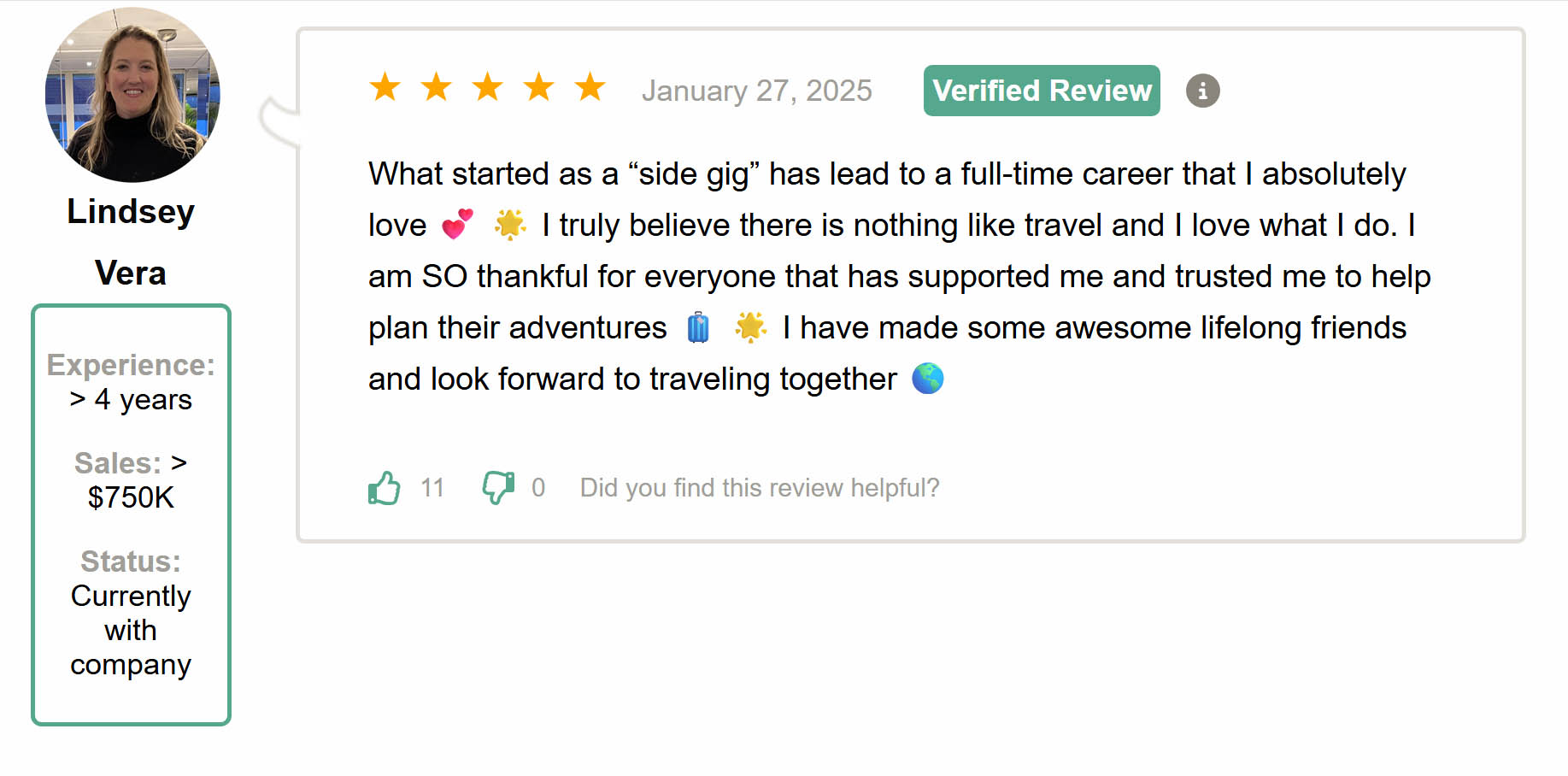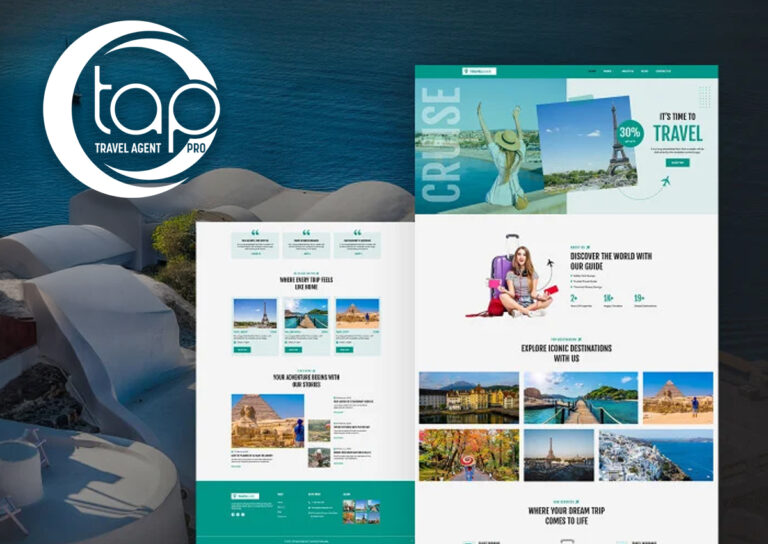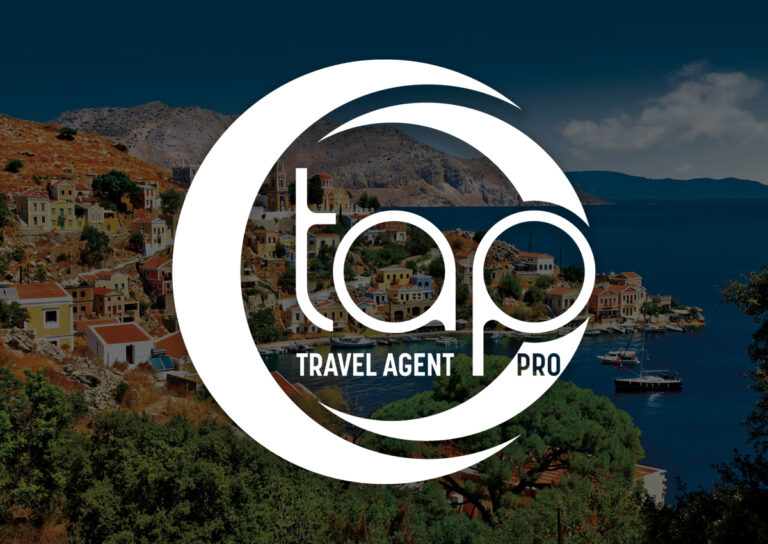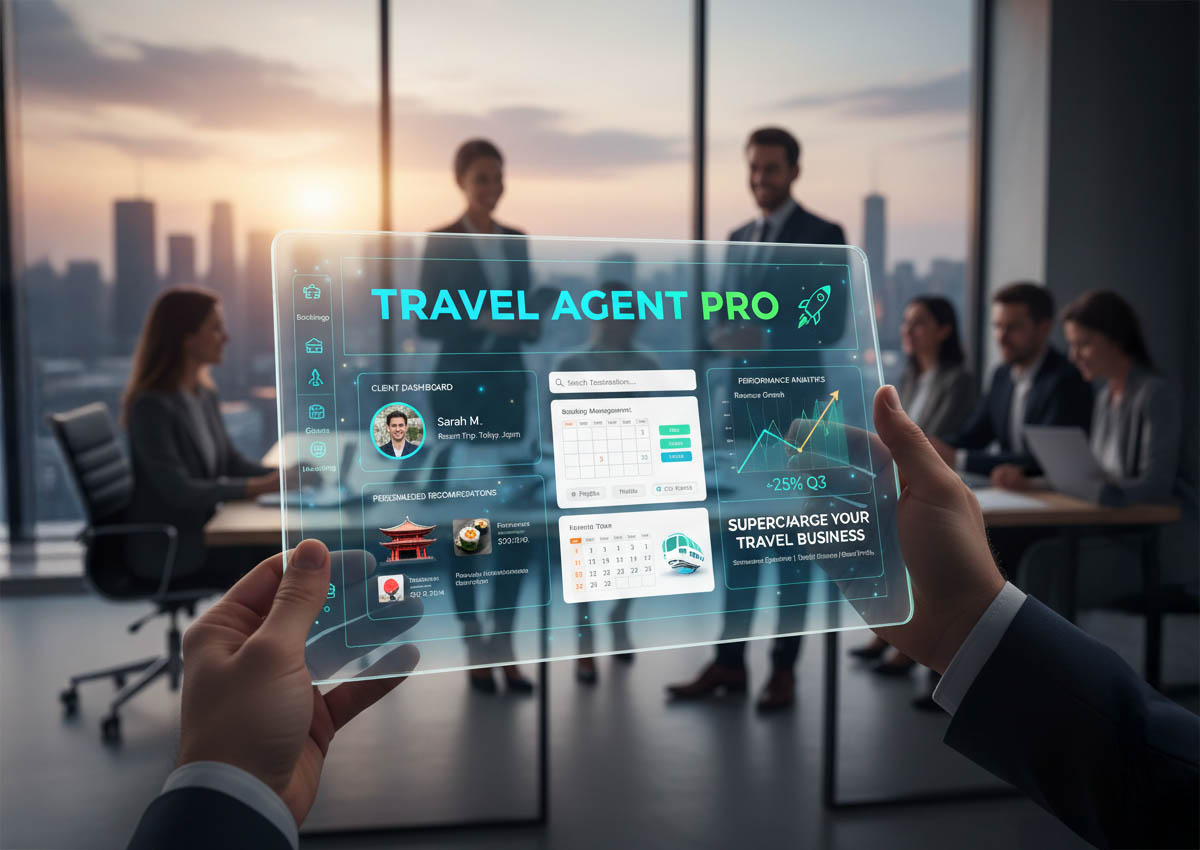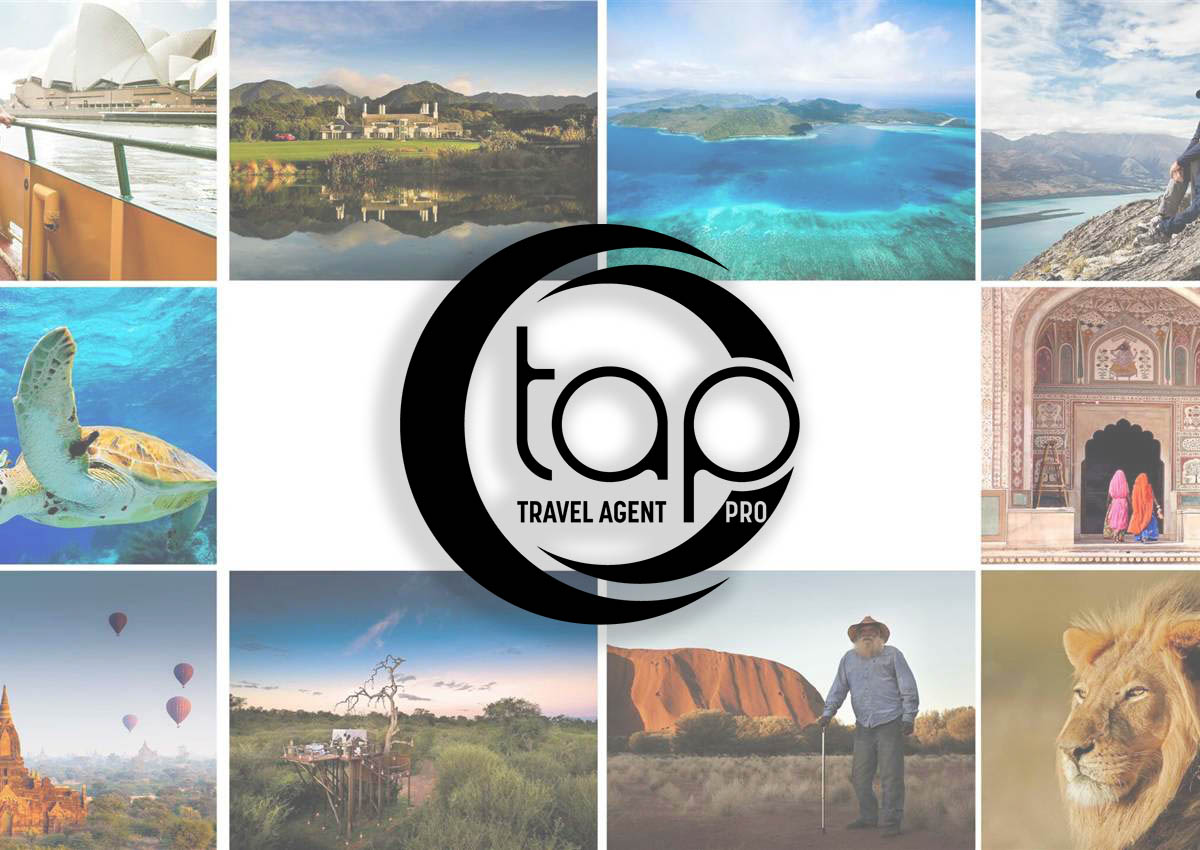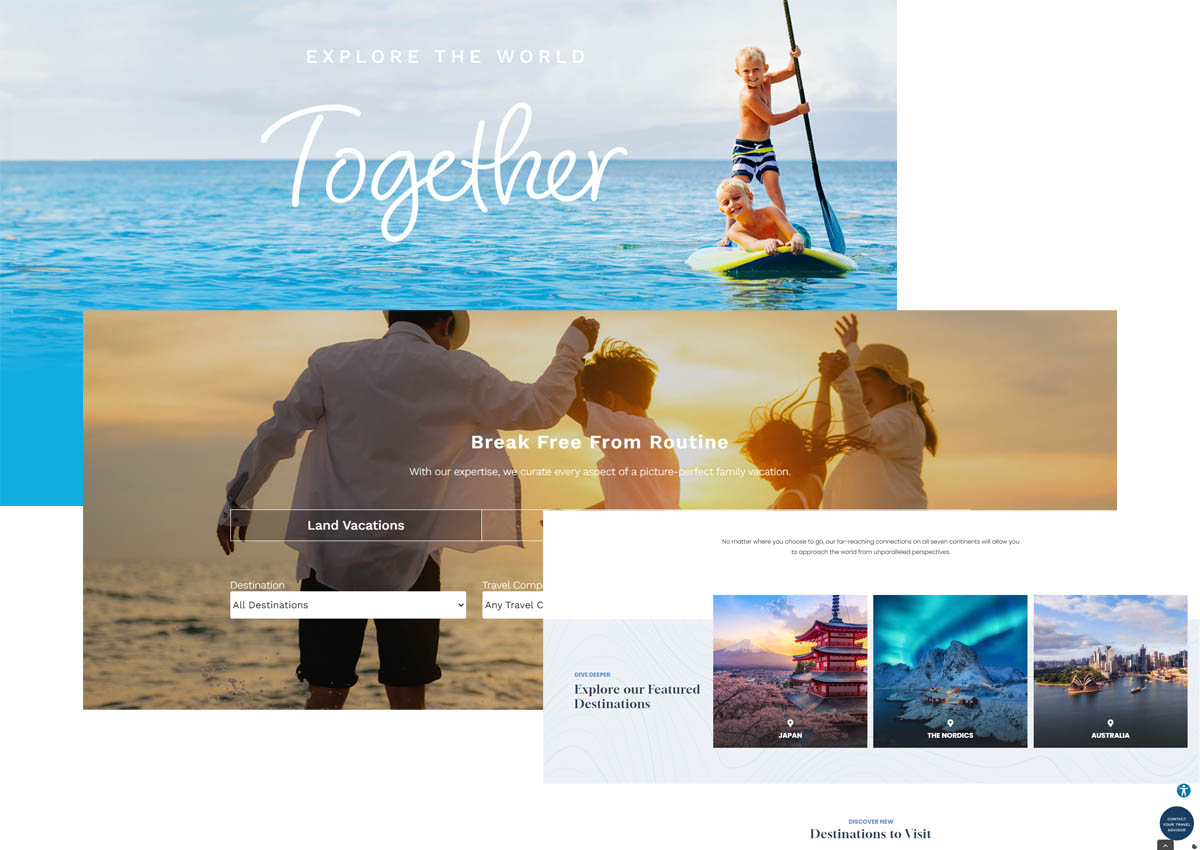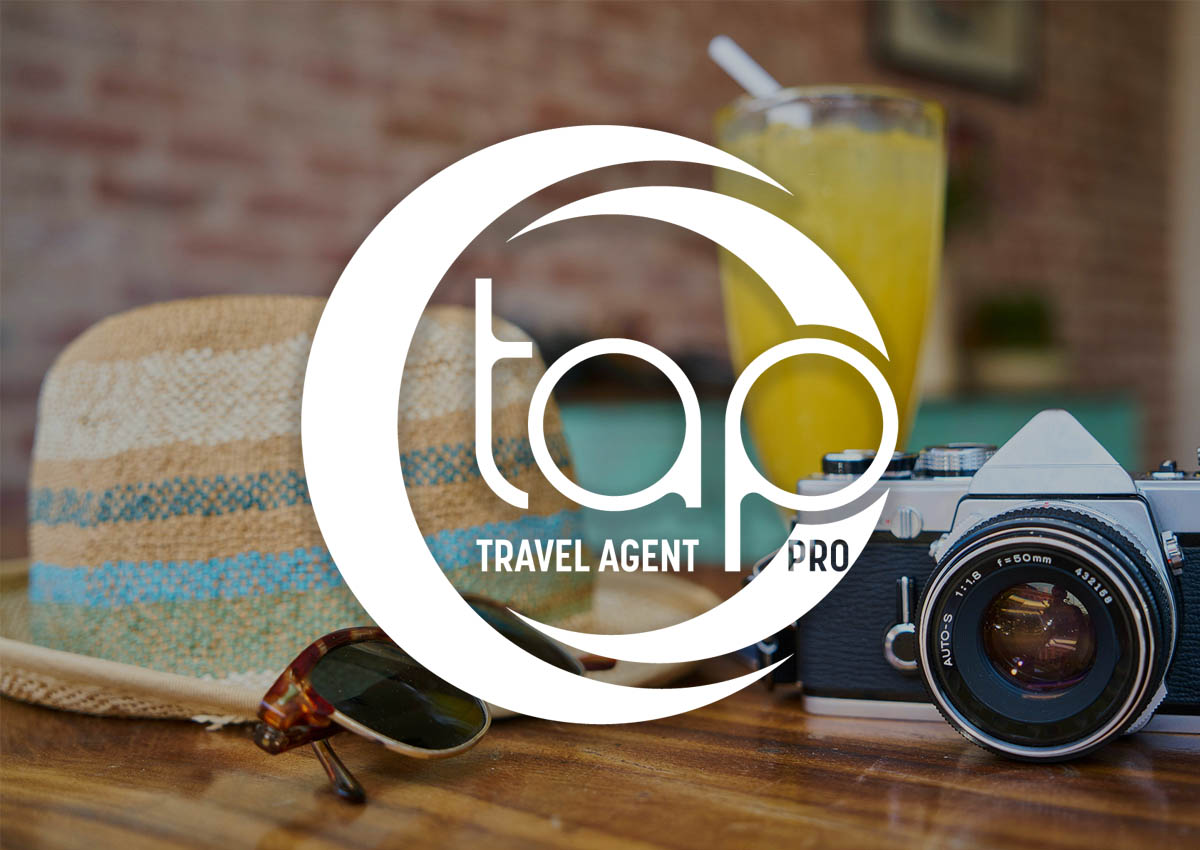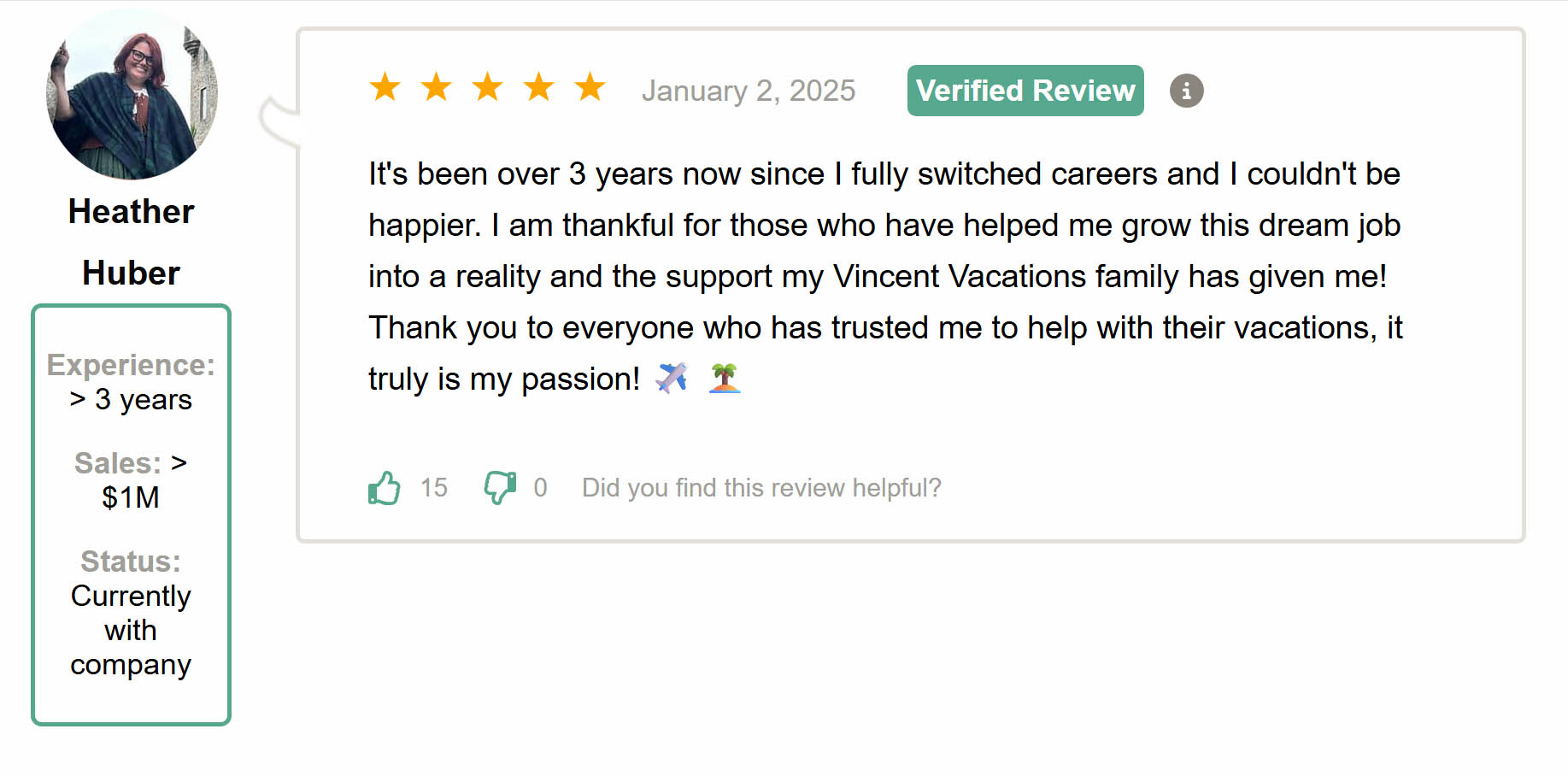Category :
Professional DevelopmentPosition Yourself As The Expert 101
To learn more techniques and how to create and grow your own travel business, sign-up to become a member today!

- Positioning yourself as a travel expert in a niche market can significantly increase your value and attract high-quality leads.
- Specializing in a niche allows you to justify premium pricing and build trust with clients seeking in-depth knowledge and personalized experiences.
- Joining Vincent Vacations can provide the resources and support needed to establish yourself as a leading expert in your chosen travel niche.
The riches are in the niches
By positioning yourself as an expert, you elevate your worth significantly. Clients realize they are not just purchasing a service; they are investing in your extensive knowledge and insights, which is immensely valuable.
Why spend time positioning yourself as the expert?
When a potential client sees you as the perfect fit, these are usually high-quality leads. They are more serious and ready to book, leading to higher conversion rates. This means less of your time is wasted!
When you connect with your true passion in the industry, you can become the go-to local person, or even in your state, or in the US as a whole!
It is also going to mean more money in your pocket for your value and you can justify premium pricing. After all, you are the go to expert for everything related to your niche, why should they look elsewhere.
Positioning yourself as a travel expert in a niche is an ongoing process that involves dedication, innovation, and a genuine passion for delivering exceptional travel experiences.
#1, this is going to be the quickest way to separate you from the competition. Clients looking for a travel agent typically want someone skilled in the exact type of trip they are after. Making sure you fit what they're looking for, over someone who offers more generalized services, this is going to enhance success and ongoing sustainability in the highly competitive travel industry.
An expert travel agent is someone who is offering their profound knowledge, insight, and genuine concern for clients' needs. Your expertise shines as a guiding light, attracting those in search of precisely what you have to offer.
Clients are no longer simply booking a trip; they are embarking on an adventure that, while exciting, may also be accompanied by a hint of apprehension. Your role as an expert alleviates their concerns, reassuring them that they are in capable hands with someone who deeply understands travel's nuances.
Most common areas where travel agents position themselves as experts
Travel agents often specialize in specific niches to cater to particular interests, needs, or demographics, providing them with a competitive edge and the ability to offer tailored services. Some of the most common niches in the travel industry include:
Luxury Travel
Focusing on high-end, luxury experiences, including bespoke itineraries, exclusive accommodations, and personalized services for discerning travelers.
Adventure Travel
Catering to those seeking adventure and outdoor activities, such as hiking, biking, rafting, or eco-tours, often in exotic or challenging locations.
Cruise Travel
Specializing in cruise vacations, ranging from large ocean liners to boutique river cruises, and covering various segments like luxury, family, or adventure cruises.
Family Vacations
Focusing on travel experiences suitable for families, including destinations, accommodations, and activities that cater to both adults and children.
Romantic and Honeymoon Travel
Tailoring travel packages for couples, including honeymoons, destination weddings, and romantic getaways.
Wellness and Spa Travel
Specializing in health and wellness retreats, including spa vacations, yoga retreats, and wellness resorts that offer a restorative experience.
Cultural and Heritage Tours
Focusing on travel experiences that explore the culture, history, and heritage of a destination, including guided tours, historical sites, and cultural immersion.
Eco-Tourism
Catering to travelers looking to experience natural environments in a responsible and sustainable way, often including wildlife safaris, rainforest expeditions, and conservation-focused trips.
Food and Wine Travel
Tailoring travel experiences around culinary delights, including food tours, cooking classes, winery visits, and gourmet dining experiences in renowned culinary destinations.
Group and Incentive Travel
Specializing in organizing travel for groups, including corporate incentive trips, educational tours, clubs, and associations.
Senior Travel
Focusing on travel options suitable for older adults, often with a slower pace, accessible accommodations, and specific health considerations.
Sports and Event Travel
Catering to fans and participants of sports events or concerts, including package deals for major sporting events, marathons, or music festivals.
LGBTQ+ Travel
Specializing in travel experiences tailored to the LGBTQ+ community, ensuring inclusive and welcoming destinations and accommodations.
By focusing on a specific niche, you can develop expertise and build a reputation in your chosen area, providing clients with in-depth knowledge and a personalized travel experience.
Positioning yourself as an expert is crucial for your ongoing success
Positioning yourself as the expert in your niche is crucial for several key reasons, which together can significantly enhance your ongoing success in the highly competitive travel industry. Here are the primary benefits of establishing expert status:
1. Builds Trust and Credibility
- Trust: When travel agents are seen as authorities in their niche, potential clients are more likely to trust their recommendations and advice. This trust is fundamental in the travel industry, where clients are often making significant financial commitments.
- Credibility: Expert status comes with a perception of in-depth knowledge and experience, which reassures clients that they are making informed decisions about their travel.
2. Differentiates from Competition
- In a crowded market, being recognized as an expert in a specific niche helps travel agents stand out from others who might offer more generalized services. This differentiation is key to attracting clients who are looking for specialized knowledge and experiences.
3. Attracts Higher Quality Leads
- By focusing on a specific niche and positioning themselves as experts, travel agents are more likely to attract leads that are interested in the specific services and experiences they offer. These high-quality leads are often more serious and ready to book, leading to higher conversion rates.
4. Justifies Premium Pricing
- Expertise allows travel agents to justify higher prices for their services due to the added value they provide. Clients are generally willing to pay more for services from a recognized expert, knowing that they are receiving advice and recommendations from a knowledgeable and experienced source.
5. Enhances Client Satisfaction
- An expert’s ability to offer detailed, insider knowledge and personalized advice often leads to more satisfying travel experiences for clients. Satisfied clients are more likely to become repeat customers and offer referrals, which are invaluable for business growth.
6. Fosters Professional Growth and Opportunities
- Being an expert opens doors for further professional development and opportunities, such as speaking engagements, partnerships with tourism boards or travel brands, and media features. These opportunities can further enhance a travel agent's reputation and reach.
7. Enables More Effective Marketing
- Expertise makes marketing efforts more focused and effective. Travel agents can create targeted content that speaks directly to their ideal clients, demonstrating their knowledge and attracting an audience that is specifically interested in their niche.
8. Provides a Platform for Advocacy
- As experts, travel agents can serve as advocates for their chosen niche, whether it’s promoting sustainable travel practices, supporting local communities, or preserving natural and cultural heritage. This advocacy not only contributes to positive change but also enhances the agent's reputation.
In summary, positioning as an expert in a specific niche is a strategic approach that enables travel agents to build trust with clients, stand out from the competition, justify premium pricing, and ultimately achieve greater satisfaction and loyalty among their clientele. It’s a powerful way to secure a sustainable, rewarding career in the travel industry.
How to achieve expert status in your niche
1. Understanding Your Niche
- Define Your Niche: Clearly identify the specific area within the travel industry you want to specialize in (luxury travel, eco-tourism, adventure travel, specific destinations, etc.).
- Research Your Market: Understand your target audience, their preferences, behaviors, and pain points. Know your competitors and what they offer.
Example Developing a Niche Like "Luxury Ocean Cruises"
Understanding your niche in the travel industry, especially if you're focusing on luxury travel on ocean cruises with companies like Norwegian Cruise Lines, requires a detailed and focused approach. Here's how you can go about it:
Define Your Niche:
- Specific Area of Focus: You decide to specialize in luxury ocean cruises. This isn't just any travel niche; it's a segment that caters to a specific type of traveler interested in high-end, luxurious experiences at sea. You choose Norwegian Cruise Lines as your primary focus due to their reputation for luxury offerings.
- Unique Selling Proposition (USP): Your USP could be personalized service that helps clients choose the perfect luxury cruise experience tailored to their tastes and desires. You might also offer exclusive packages or experiences, like private tours at ports or special onboard events that aren't available through other channels.
Research Your Market:
- Target Audience: Your target audience is likely to be affluent individuals or couples who enjoy luxury travel and are looking for an exclusive and relaxing holiday experience. They are willing to pay a premium for comfort, exclusive experiences, and high-quality service. They might also be celebrating a special occasion, such as an anniversary or retirement.
- Preferences and Behaviors: This group likely prefers personalized experiences and values convenience and exclusivity. They are looking for more than just a trip; they want an unforgettable experience. They might also prefer all-inclusive packages that make travel planning stress-free.
- Pain Points: Common pain points could include the complexity of planning a luxury cruise, finding the right balance between relaxation and unique experiences, or ensuring that the cruise meets their high standards for luxury and exclusivity.
- Competitors: Identify other agencies or services specializing in luxury travel and ocean cruises. Analyze what they offer, how they market themselves, and their strengths and weaknesses. Look at their customer reviews to understand what they are doing well and where there might be gaps in the market that you can fill.
- Competitive Advantage: Based on your research, you could focus on offering unparalleled customer service, curating exclusive experiences that can't be found elsewhere, or specializing in a particular type of luxury cruise experience, such as eco-friendly luxury cruises or cruises that focus on cultural immersion.
In summary, understanding your niche involves a deep dive into who your customers are, what they want and need, and how you can provide a service that stands out from your competitors. By focusing on luxury ocean cruises and specializing in services like Norwegian Cruise Lines, you can target a specific segment of the travel market and tailor your offerings to meet their unique needs and preferences.
2. Building Expertise
- Continuous Learning: Stay updated with the latest trends, destinations, regulations, and technologies in your niche. Attend webinars, conferences, and courses related to your specialty.
- Experience Firsthand: Travel to the destinations you specialize in. Experience the accommodations, activities, and culture so you can offer personal insights and recommendations.
- Certifications and Qualifications: Obtain relevant certifications and accreditations that enhance your credibility in your chosen niche.
3. Developing Your Brand
- Brand Identity: Create a strong brand identity that reflects your expertise and niche. This includes a memorable logo, a professional website, and cohesive branding across all platforms.
- Unique Value Proposition (UVP): Clearly articulate what sets you apart from competitors. Focus on your unique insights, personalized services, or exclusive packages.
- Content Creation: Regularly produce valuable content related to your niche. Blog posts, videos, newsletters, and social media content that educates and inspires your audience will establish your authority.
4. Leveraging Social Proof
- Testimonials and Reviews: Showcase positive reviews and testimonials from past clients. Real-life success stories build trust and credibility.
- Case Studies: Share detailed case studies of unique trips you’ve planned or complex travel problems you’ve solved. This demonstrates your capability and resourcefulness.
5. Networking and Partnerships
- Industry Connections: Build relationships with providers, tourism boards, and other travel agents. These connections can offer exclusive insights, deals, and collaborations.
- Community Engagement: Participate in forums, social media groups, and events related to your niche. Sharing your knowledge helps solidify your expert status.
6. Marketing Strategies
- SEO: Optimize your website and content for search engines to increase visibility to those seeking information on your niche.
- Social Media: Use platforms where your target audience is most active to share content, engage with followers, and run targeted ads.
- Email Marketing: Build an email list to share exclusive offers, insider tips, and personalized travel itineraries.
7. Providing Exceptional Service
- Personalization: Offer tailored travel experiences that meet individual client needs and preferences.
- Accessibility: Be readily available to your clients for questions, updates, and support before, during, and after their trips.
- Surprise and Delight: Go above and beyond by providing unexpected upgrades, amenities, or experiences that enhance their travel.
8. Continuous Improvement
- Feedback Loops: Regularly solicit feedback from clients to understand what you’re doing well and where you can improve.
- Adaptability: Be willing to pivot your strategies, offerings, or business model based on evolving market trends, client needs, or new opportunities.
9. Monitoring Success
- Key Performance Indicators (KPIs): Establish clear metrics for success, including client satisfaction, repeat business, referral rates, and online engagement.
- Regular Review: Periodically assess your performance against these KPIs and adjust your strategies accordingly.
This guide is meant to be a foundation. Tailor these strategies to fit your unique strengths, goals, and market conditions. Positioning yourself as an expert is an ongoing process that involves dedication, innovation, and a genuine passion for delivering exceptional travel experiences.
Where Can You Promote yourself online as an expert in your niche
Promoting yourself online as an expert in your niche requires a strategic approach to reach your target audience effectively. Here are key online platforms and strategies to consider:
1. Social Media Platforms
- Instagram: Ideal for sharing high-quality images and videos of luxury cruise experiences, destinations, and exclusive offers. Use hashtags to increase visibility and engage with followers through stories and live sessions.
- Facebook: Create a business page to share detailed posts, offers, and customer testimonials. Utilize Facebook Groups related to travel and luxury cruises to engage with potential clients.
- LinkedIn: Position yourself as an industry expert by sharing professional insights, articles, and participating in relevant groups. It's also great for networking with others in the travel industry.
2. Content Marketing
- Blogging: Start a blog on your website or use platforms like Medium to write articles about luxury cruising, tips for travelers, destination highlights, and your personal insights and experiences. This can improve your website's SEO and help establish your authority.
- YouTube: Create a channel to share video content, such as tours of cruise ships, interviews with cruise staff, and travel tips. Video content is engaging and can help you reach a broad audience.
3. Email Marketing
- Newsletters: Build an email list and send out regular newsletters with exclusive offers, insider tips, and destination guides. Personalize content to add value for your subscribers and keep them engaged.
4. Travel Review and Booking Websites
- TripAdvisor: Create a professional profile and encourage clients to leave reviews. Engage with reviewers by responding to their comments.
- Expedia or Booking.com: While these are primarily booking sites, having a presence or partnerships can help you reach travelers at the planning stage.
5. Networking Sites and Online Communities
- Travel Forums and Communities: Engage in sites like Lonely Planet's Thorn Tree or Fodors. Answer questions, offer advice, and share your expertise.
- Professional Travel Networks: Join networks like the American Society of Travel Agents (ASTA) to connect with peers and access resources and marketing opportunities.
6. Paid Advertising
- Google Ads: Use targeted advertising to reach people searching for luxury cruises or travel advice.
- Social Media Ads: Platforms like Facebook and Instagram offer sophisticated targeting options to reach potential clients based on interests, behaviors, and demographics.
7. Collaborations and Influencer Marketing
- Partner with travel influencers or bloggers in the luxury segment to showcase your services. Collaborations can include sponsored trips, reviews, or social media takeovers.
When promoting yourself online, consistency is key. Regularly update your platforms with engaging content, interact with your audience, and stay on top of trends in digital marketing and the luxury travel industry. Tailoring your strategy to the platforms where your target audience spends their time will help you establish yourself as an expert in your niche.
Learn more about this by signing up as a member, today! Vincent Vacations Application Form.
To learn more techniques and how to grow your travel business, read more on our Articles page.




